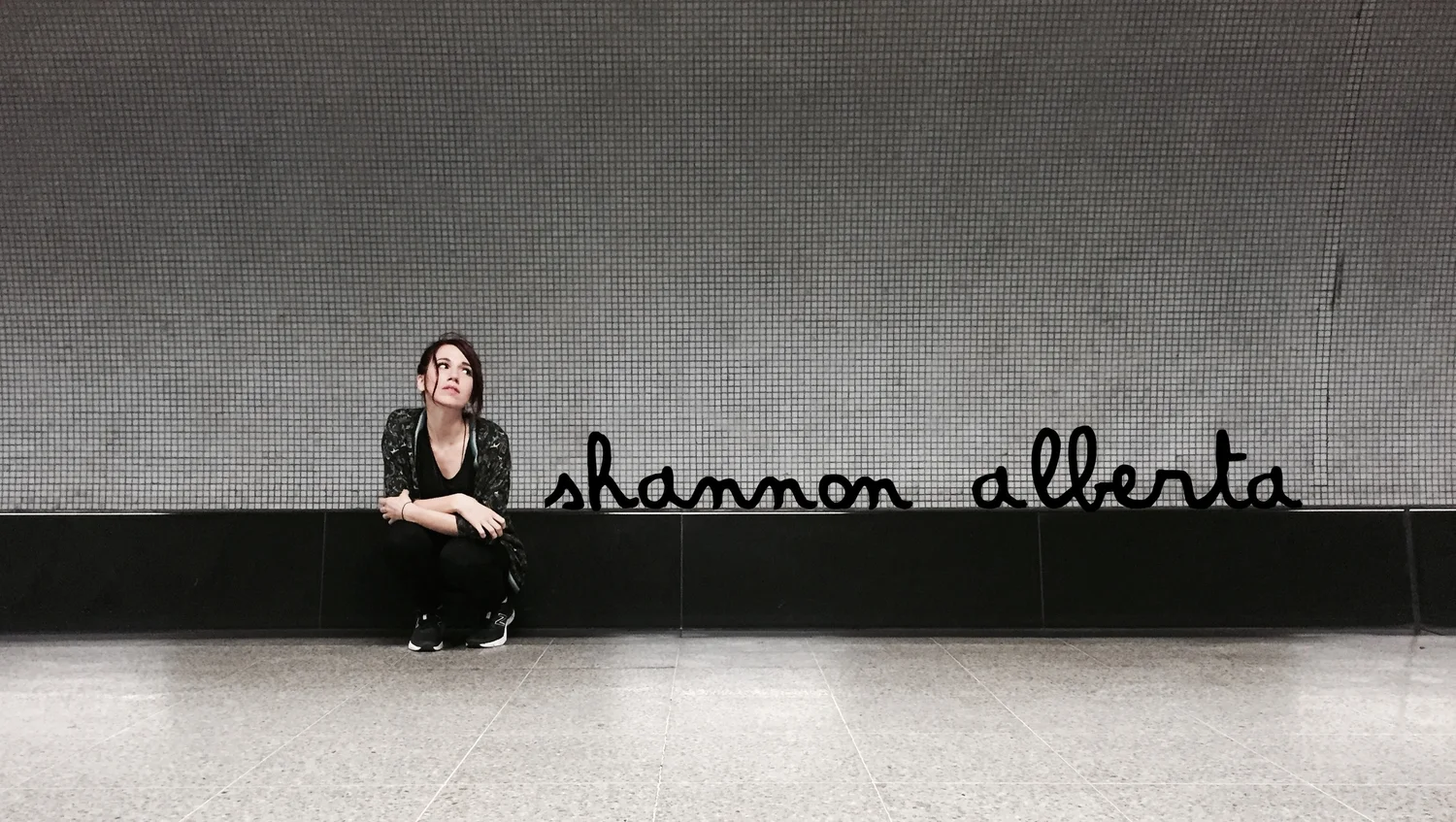Literary Gut Punch: From Heather O'Neill's And They Danced by the Light of the Moon
Heather O'Neill's work always has this dreamy, fable-like quality. And They Danced by the Light of the Moon is no exception. Jules is desperate to believe he can escape the collective fate of the town. Manon is the girl of his dreams. For Manon, Jules is something altogether different:
Manon, however, only decided that Jules would do when she saw him roller-skating at the Récréathèque. Jules was skating backwards and doing figure eights with his feet. He did this gesture with his hands as if he were dealing cards onto a card table. Everyone else ignored Jules’s grandiose performance that night. But Manon knew suddenly that Jules was different than anybody else in Val des Loups. That’s what young people look for: someone who will open strange doors for them.















